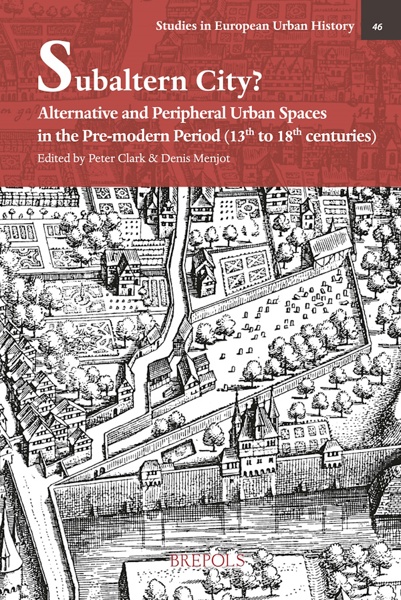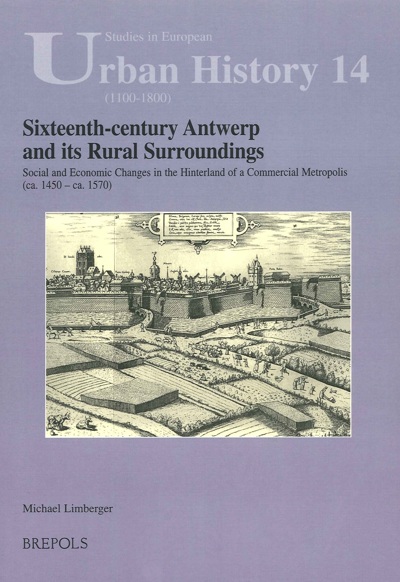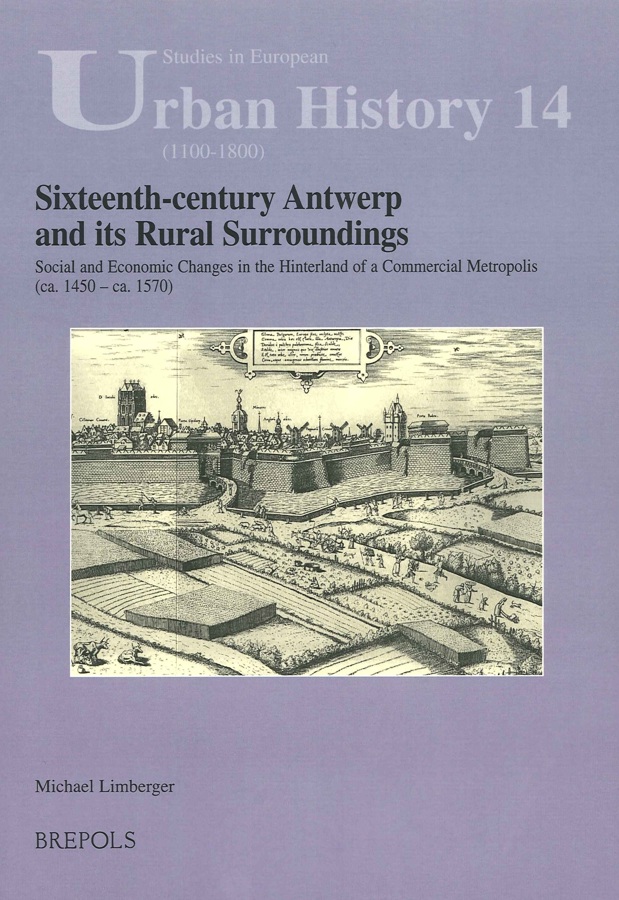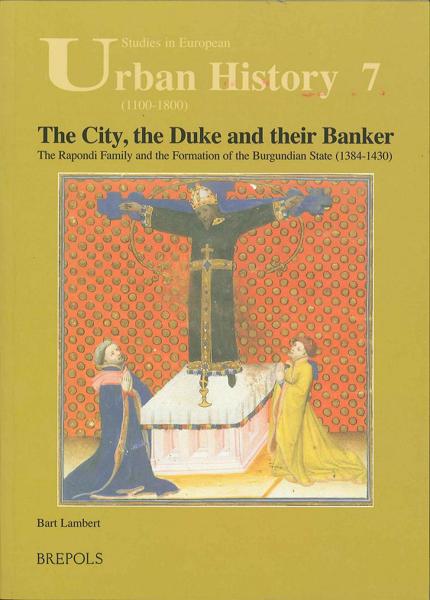
Sixteenth-century Antwerp and its Rural Surroundings
Social and Economic Changes in the Hinterland of a Commercial Metropolis (ca. 1450 – ca. 1570)
Michael Limberger
- Pages: xiii + 284 p.
- Size:180 x 250 mm
- Language(s):English
- Publication Year:2008
- € 65,00 EXCL. VAT RETAIL PRICE
- ISBN: 978-2-503-52725-3
- Paperback
- Available
- € 65,00 EXCL. VAT RETAIL PRICE
- ISBN: 978-2-503-55941-4
- E-book
- Available
- the demographic impact
- the increasing urban demand for agrarian products
-the impact of the urban economy on non-agrarian types of labour in the countryside and
- the purchases of land and other investments made by Antwerp citizens and their impact on the property relations in the surrounding countryside
Within the framework of these four fields of interaction between town and countryside, three essential questions have to be answered: First, how can we characterize the urban influence in each of these fields? Can it be considered a stimulus for the rural economy or rather an obstacle? Second, what was the economic response of the rural economy to the urban impact? Did it respond by specializing, according to the model presented by J. de Vries, and others, or were there obstacles that obstructed specialization? Third, what role did the medieval legacies play in the interaction between the ‘capitalist’ metropolis and the 'feudal' countryside?
Michael Limberger teaches at the Catholic University Brussels (KUB) and at Ghent University. His research covers late medieval and early modern economic and social history, especially of the Low Countries.




